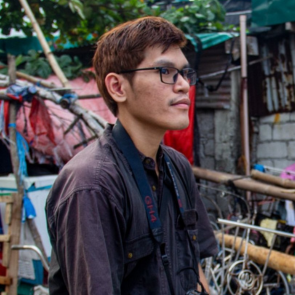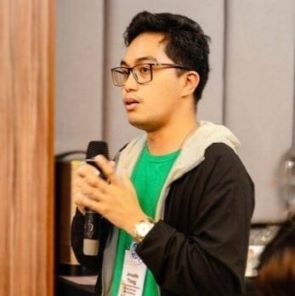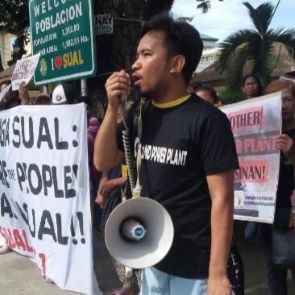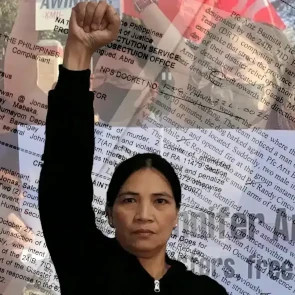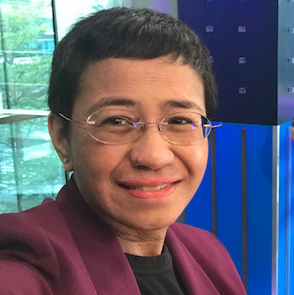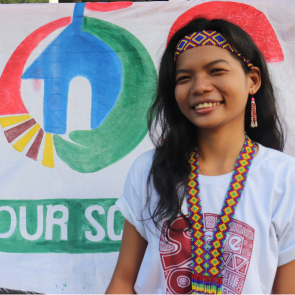#Philippines
#Philippines
The climate of impunity in the Philippines, coupled with the administration's encouragement of extrajudicial killings of suspected drug users, as well as the increasingly hard line of the military against the Philippine National Democratic Front , have led to a serious deterioration of the situation of human rights defenders in the country. Since the election of President Rodrigo Duterte in May 2016, HRDs have faced a wave of assassinations and violence. Judicial harassment and the criminalization of HRDs remain common; politicians and private actors, such as mining companies, use the justice system to silence those who oppose their interests. HRDs are accused of violent crimes or of belonging to the New People's Army, the armed wing of the Communist Party. HRDs have also reported cases of close surveillance by the police. Since martial law was declared in Mindanao in May 2017, and given the fear that it will be extended to the whole country, human rights defenders are increasingly targeted by threats, acts intimidation and harassment by the military.
Those who defend economic, social and cultural rights, including the right to land and the environment, are most at risk of assassination. Numerous reports indicate that HRDs are the target of violence, intimidation, harassment, especially from government officials, when seeking information about projects, investors or the process of approving a project, which often involves facts of corruption. If they persist in their work despite threats, they risk judicial harassment or execution. extrajudicial. Rural or indigenous HRDs who peacefully defend their lands or who oppose major industrial projects face similar threats. The lack of legal protection also puts LGBTI rights defenders at risk in their daily lives.
Several laws impose restrictions on freedom of expression and assembly, and are used against HRDs. This includes Batas Pambansa 880 (on public gatherings) and the law against terrorism. The Cybercrime Law, adopted in 2012, includes provisions that hinder freedom of the press and freedom of expression. Defamation is a criminal offense and is punishable by four years in prison. Amendments to the revised Penal Code now place the burden of proof on the accused. HRDs are frequently accused of defamation if they speak or express their opinions critical of the actions of public figures, especially when they denounce cases of corruption.

